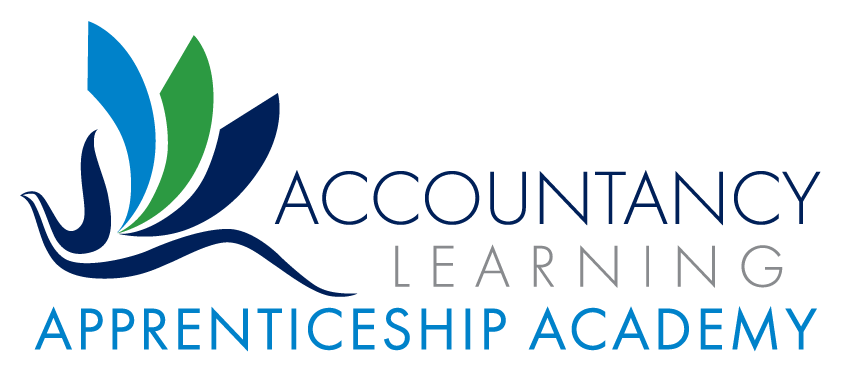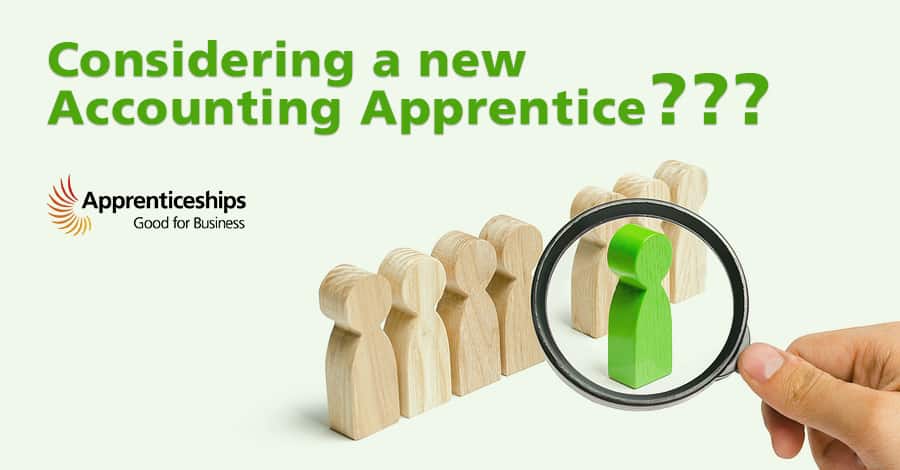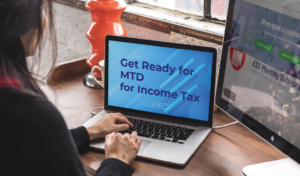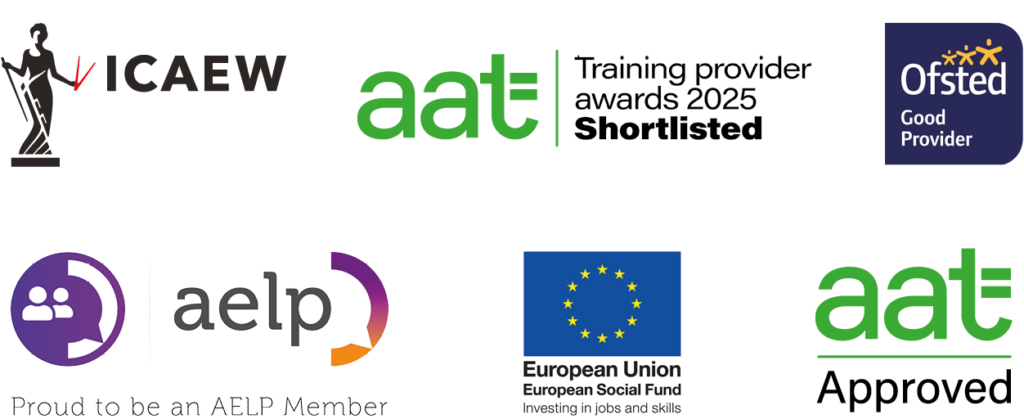Considering an accounting apprentice? Consider these factors!
The decision to take on an accounting apprentice should not be taken lightly. The whole process of recruitment, training and development can be daunting and exciting in equal measure and that goes for both employers and apprentices!
Before taking the leap to recruit an accounting apprentice, we set out the different factors you need to take on board when considering an accounting apprentice.
1) Why do you want to take on an apprentice?
What has prompted your initial thoughts about recruiting? Is it because you:
- Need to delegate some of the routine financial and admin tasks to free up your time?
- Have struggled recruiting more experienced staff, so have decided to adopt a ‘grow your own’ policy with the aim of developing your team?
- Would like to take an altruistic approach to recruitment and development, whereby each year you take on someone to give them an opportunity to develop their skills, so that they can progress onto the next role/employer.
Your reason for wanting to recruit an accounting apprentice will have an impact on the type of apprentice you recruit. Understanding your ‘why’ early can make the process as effective and efficient as possible.
2) Recruiting the right candidate
Whether undertaking the recruitment process yourself, using an agency or instructing your training provider, it is important that you have a clear picture of your ideal candidate and that should cover:
- School leaver/graduate vs a mature apprentice who is either returning to work or looking to reskill in a different area.
- Qualifications, skills and experiences they have to date.
- The cultural environment of your firm and what type of person would best fit in with the rest of the team.
- The career aspirations of the candidate and the longer-term prospects for them within your organisation, or elsewhere if you cannot offer them continued training.
Once you have a clearer picture of the type of person you want to hire, the recruitment process can be more focused in delivering the quality of candidates you are looking for.
3) Choosing a suitable training provider
As an employer, you can choose whether to send your accounting apprentice to a local college for their training or to use a specialist accounting apprenticeship training provider. There are pros and cons for either option and these will vary depending on how your organisation prefers to train your staff.
a) Colleges/Classroom Learning
With colleges, your apprentice could have a choice of attending as weekly day release or, in some instances, evening classes may be available. Typically, college intakes of apprentices are governed by their term times, with most apprenticeships starting in September, although some colleges do also offer a January intake.
If going down the college training route, you, or your apprentice, should confirm with your local college what, if any, tutorial support will be available during holidays and outside the allocated study days.
b) Specialist accounting training provider
Many training providers work with the employer to tailor the apprenticeship programme around the business and not the timings of the provider. For example, college courses tend to be restricted to an academic year, whereas other training providers allow apprentices to enrol at any time, adopting a roll on, roll off approach. In doing so, your apprentices should be able to get access to their tutors throughout their apprenticeship and not just during term times.
Furthermore, by not having academic year restrictions in place, many training providers can deliver the apprenticeship in a shorter timeframe than most colleges. This helps your apprentices to achieve their qualifications sooner, subject to the requirement that an apprenticeship must last for at least one year and one week (372 days)
4) How to get a quick return on your apprenticeship investment
Whilst the AAT Accounting Apprenticeships provide a great platform to learn all about bookkeeping and accounting and to gain relevant qualifications, many firms are keen to get their apprentices productive/chargeable as soon as possible.
Some training providers give additional practical training to help facilitate this and so you should enquire as to what bookkeeping courses they can offer in addition to the AAT apprenticeship.
5) Is there any funding available for hiring an apprentice?
Employers may be able to claim up to 95% of the apprentice’s training costs through apprenticeship funding. This increases to 100% if they are aged 16-18 and you employ less than 50 staff.
In addition, if the apprentice is aged 16-18 at the start of the apprenticeship, the employer receives an incentive of £1,000, payable half after 3 months of employment and half after 12 months.
Our website provides further details about apprenticeships and funding opportunities.
Accountancy Learning can take care of everything when you are considering an accounting apprentice!
For each of the considerations mentioned above, Accountancy Learning can help you. In short, we have a dedicated apprenticeship team who can:
- Give you advice on the different apprenticeships and what level will best suit your needs.
- Advertise your apprenticeship, sift through applications and shortlist candidates based on your requirements, including matching like-minded individuals with your business/practice.
- Send you high calibre candidates who have scored 90% or higher on our short online bookkeeping course, The Bookkeeping Aptitude Test, so you will only spend time interviewing the very best applicants.
- Assist you with setting up your apprenticeship service account with the Education and Skills Funding Agency.
- Help you access the apprenticeship funding.
We carry out all the above activities free of charge, providing you place your apprentice with us for their training.
We can also:
- Get your new apprentice to undertake our introduction to bookkeeping course, The Balancing Act, as part of their induction, so they gain the practical skills to be able to prepare a set of final accounts within days of you employing them.
- Provide all the necessary training and tutor support to ensure your accounting apprentice passes their AAT apprenticeships, progressing through the different levels where relevant. Your apprentice can attend weekly day release sessions at one of our south west training centres and/or via our highly effective remote learning platforms.
To find out more, visit our website at: www.apprenticeships.accountancylearning.co.uk, call us on 01392 435349 or email us at [email protected].






